Hiring an Intimacy Professional
Asking Better Questions
Asking about certification or looking for the longest resume isn’t the best way to find the right intimacy pro for you. Here are some important things to know when looking for the right intimacy choreographer or coordinator for your project.
Ask about their intimacy choreography/coordination process.
This is a great place to start because it reveals an awful lot fairly quickly. Do they have a codified process or just a bunch of value statements? Is there a technique, or do they improvise and solve as they go? Do they think it’s the same as fight choreography, but with nudity? (Spoiler: it’s not.) Based on your project, ask follow-up questions.
Ask about their collaborative style.
A choreographer from any discipline should be able to tell you a lot about how they work with a team. Ask when and how they want to be included, what their communication practices are, and how they develop their creative material in response to the vision and direction of the project. Does their style fit with yours?
Ask how they establish boundaries.
There isn’t one right answer, but a wrong answer is, “I gain their trust so they will tell me if they don’t want to do something.” Anyone relying on their sparkling personality to negate the power dynamics of the rehearsal room doesn’t understand consent. Anyone who needs 2 weeks of rehearsal to establish boundaries might not be the right fit for you.
Ask how they choreograph.
Do they choreograph collaboratively? Plan everything out beforehand? Work in tandem with the director? Demonstrate? Step in? Model? Does that work for you?
Ask how much time they think they will need to stage the intimacy.
It obviously depends on the project and medium, but is an important thing to know going in.
Ask how they handle problems.
Cast problems. Director problems. Crew problems. Give them a hypothetical to troubleshoot. Ask about what makes you nervous. What is their process for getting things back on track?
Ask about how their practices are anti-racist, inclusive, adaptable, accessible, and culturally competent.
They might be a great choreographer, but if they aren’t anti-racist, inclusive, adaptable, accessible, and culturally competent, they shouldn’t be working.
Ask how much they charge (and what that includes)
Cheap doesn’t mean bad, and expensive doesn’t mean good. Artists deserve to be paid for their time and there is a choreographer or coordinator for (nearly) every budget.
Ask about their training and experience.
This one is complicated, but useful.
Training in intimacy work can be enormously helpful, but it isn’t a requirement. I mean, who trained the trainers? If someone has a background as a choreographer for dance or fight work, a workshop on consent and intimacy-specific tools and techniques might be enough to set them up for success.
There are lots of intimacy specialists who have taken lots of workshops from a particular training organization or a few workshops from everybody. That commitment to the discipline may be exactly what you are looking for, and formal training absolutely has its advantages. However, training can be inaccessible, expensive, and time-intensive. Be thoughtful in how much weight you give their answer. A lack of formal training doesn’t mean a lack of qualification, and training with an organization doesn’t equal endorsement.
Other good training to look for (from everybody, not just intimacy pros): Mental Health First Aid, Bystander Intervention, Anti-Racism.
Also, remember - short resumes aren’t always a red flag. Every expert had a first gig.
Ask for references.
One of the most important pieces of information you need to make a good hire doesn’t come from the hire - it comes from their former and current collaborators. Ask for contact information from not only former directors, producers, or artistic team members, but also from stage managers, production managers, and actors they have worked with.
When in doubt, reach out.
We are happy to help you ask better questions and to help you find better people for your projects. Best of luck!
Adapted from Staging Sex: Best Practices, Tools, and Techniques for Theatrical Intimacy by Chelsea Pace with contributions from Laura Rikard. © Chelsea Pace, Routledge Publishing 2020.
